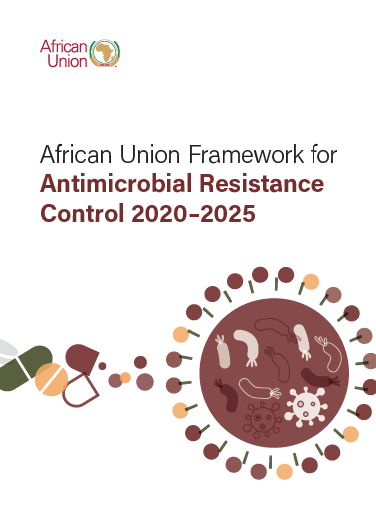Reports of antimicrobial-resistant (AMR) microorganisms are increasing globally, threatening to render existing treatments ineffective against many infectious diseases. In Africa, AMR has already been documented to be a problem for human immunodeficiency virus (HIV) and the pathogens that cause malaria, tuberculosis (TB), typhoid, cholera, meningitis, gonorrhoea and dysentery. Recognizing the urgent need for action, the 2016 United Nations (UN) General Assembly approved a resolution to ensure sustained and effective global action to address AMR. Three global agencies – the World Health Organization (WHO), the World Organization for Animal Health (OIE) and the Food and Agricultural Organization of the United Nations (FAO) – released global strategies for AMR control, and have established a formal tripartite collaboration along with the UN Environment Programme (UNEP).
In accordance with the UN approach, and to meet the specific needs of African nations, the African Union (AU) established a Task Force on Antimicrobial Resistance in 2018. This Task Force represents the AU agencies involved in human, animal and plant health sectors that collaborate to measure, prevent and mitigate harms from AMR microorganisms.
